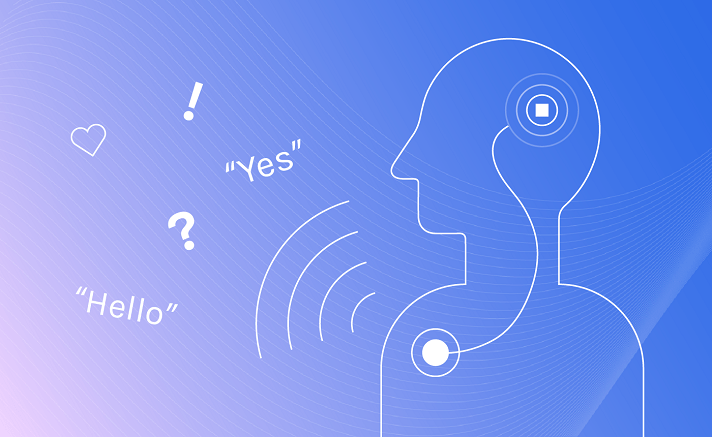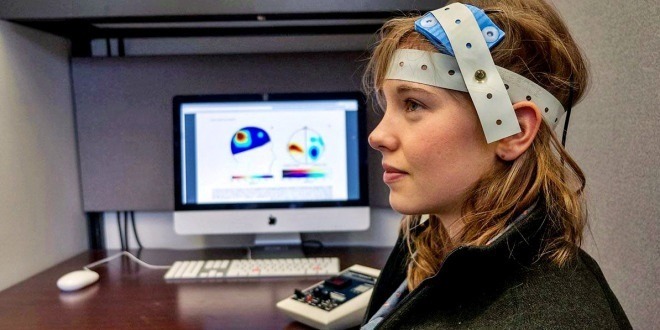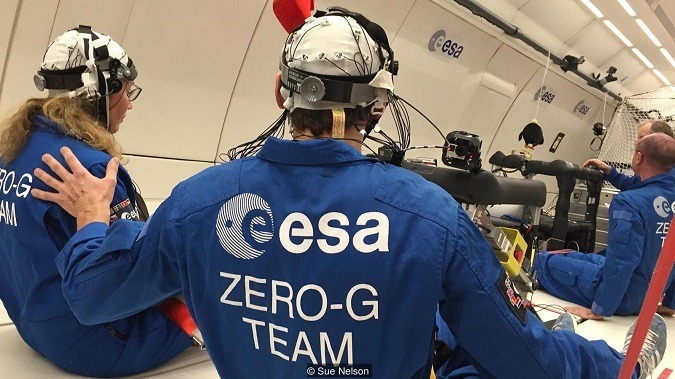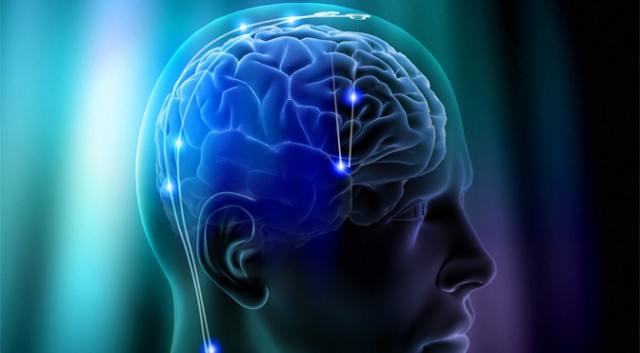Posts Tagged ‘electrodes’
Neurotech start-up Paradromics raises $20M to address brain-related disorders via next-gen brain-computer interfaces
Neuralink Competitor Raises $20 Million for Brain Implants (Bloomberg): A competitor to Elon Musk’s Neuralink said it raised $20 million, enough to get it on track to introduce a new generation of powerful and tiny electrodes to the human brain. Paradromics Inc., founded in 2015 about a year ahead of Neuralink, is building brain-computer interfaces that…
Read MoreThe birth of “everyday” brain-computer interfaces
___ Neurable Raises $6 Million Series A To Build An ‘Everyday’ Brain-Computer Interface (Forbes): “Neurable has announced a $6 million Series A round of funding to move beyond VR applications and develop the everyday brain-computer interface. These will take a headphones form factor and will target consumers. This marks an exciting advancement for brain-computer interfaces…
Read MoreGrowing debate about the ethics and regulation of direct-to-consumer transcranial direct current stimulation (tDCS)
___ According to the advertising hype, you too can enjoy incredible neural and psychological benefits in the comfort of your own home by using a simple electrical device that offers transcranial direct current stimulation (tDCS). For instance, three different models of tDCS devices sold online claim to improve mood, increase creativity, enhance memory, accelerate learning,…
Read MoreHarnessing innovative neurotechnologies to provide better urgent care at Banner Health
_______________ For Banner Health, one of the largest non-profit health system in the United States, finding ways to make health care easier and better for our patients is at the root of everything we do. That’s why we are making significant investments into the digital health and neurotech space, trying to answer some common pain…
Read MoreNext: Measuring the impact of space flight on cognitive performance and brain fitness
___ The flight that brings space weightlessness to Earth (BBC Future): “Five, four, three, two, one…” Not many aircraft captains give their passengers a rocket launch-style countdown before take-off, but this is no ordinary plane. For starters, everyone on board, apart from the crew, is a scientist and has passed a full medical check – including…
Read MoreEthical issues raised around deep brain stimulation (DBS) research
Researchers grapple with the ethics of testing brain implants (Science): “In 2003, neurologist Helen Mayberg of Emory University in Atlanta began to test a bold, experimental treatment for people with severe depression, which involved implanting metal electrodes deep in the brain in a region called area 25. The initial data were promising; eventually, they convinced…
Read More





